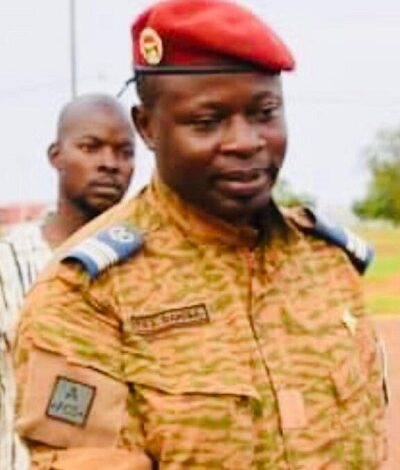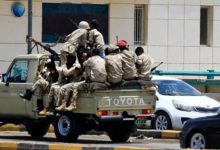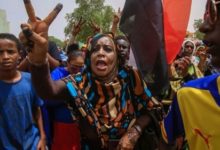
At least 35 civilians have been killed by a bomb that hit a convoy of vehicles in the north of Burkina Faso where jihadist militant groups are active, the authorities say.
Dozens of others were wounded.
Convoys escorted by the army are used to deliver supplies to towns that are otherwise cut off by militants.
Deadly attacks have been on the rise in Burkina Faso, despite a coup in January led by soldiers who said they would tackle the insecurity.
Monday’s blast took place on a stretch of road between the towns of Djibo and Bourzanga, an area where militants have attacked villages, police and military positions for the past seven years.
The local authority said that one of the vehicles in the convoy ran over an improvised explosive device. No group has said it was behind the killings.
The victims were mainly traders who were going to buy supplies in the capital, Ouagadougou, and students who were returning to the city before the start of term next week, one resident told the BBC.
In an effort to deal with the militants, the government has said it has intensified the army’s “offensive actions” and also initiated dialogue with certain armed groups.
It argues that this strategy has allowed dozens of young people to lay down their arms and for some communities to go back to their villages.
This latest attack comes days after military ruler Lt-Col Paul-Henri Damiba met with his counterparts from Mali and Ivory Coast to discuss ways to work together to tackle the region’s security problems.
In January, Burkina Faso’s President Roch Kaboré was ousted by military men driven by concerns over the government’s inability to deal with growing militant Islamist violence.
“We have more than what it takes to win this war,” Lt-Col Damiba said when he was sworn in as president in February.
But going by the number of attacks in recent months, citizens are not safer.
On Monday, a group of aid organisations said about a tenth of the population had been displaced by conflict. More people fled during the first half of this year than in the whole of 2011, they added. -BBC






